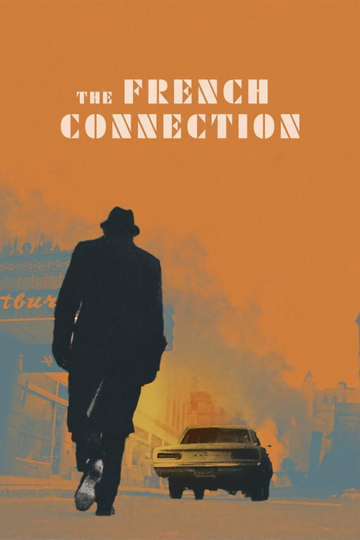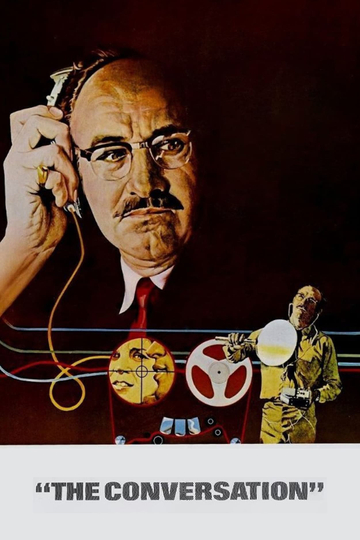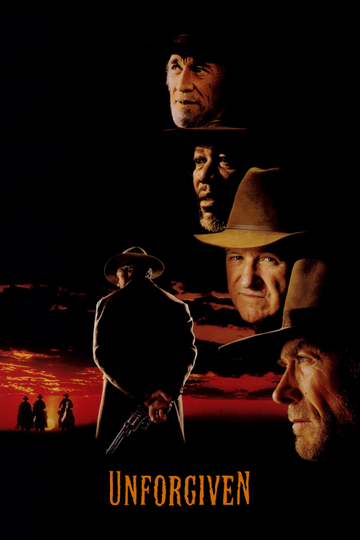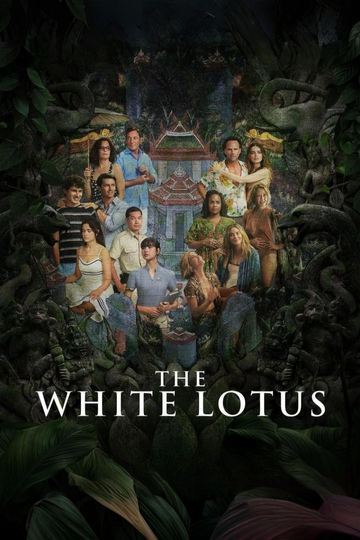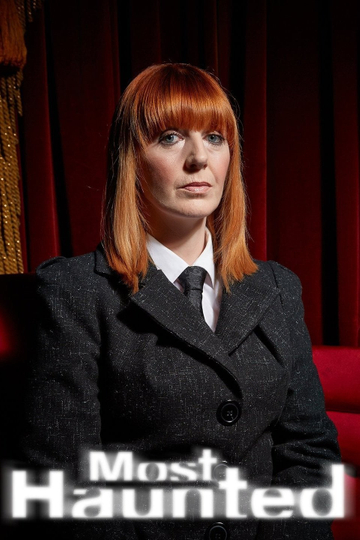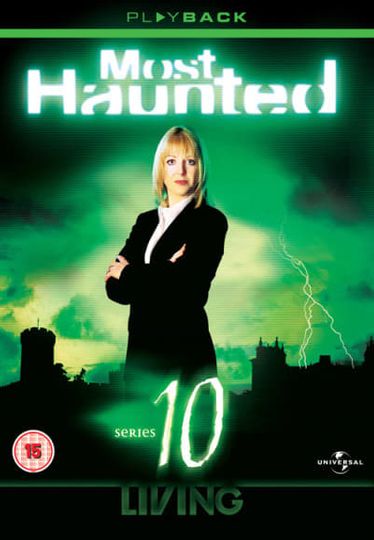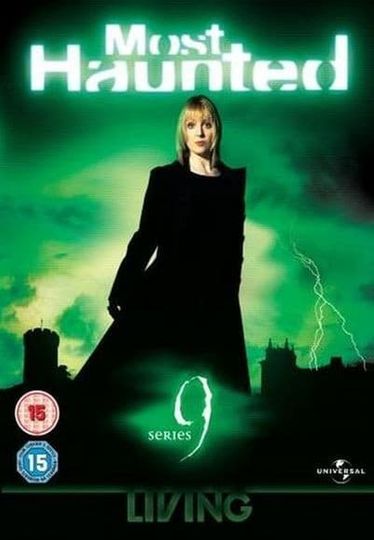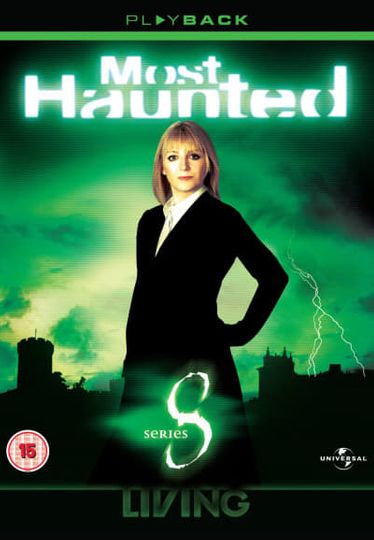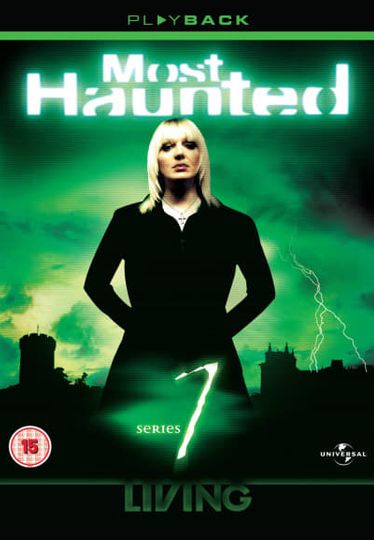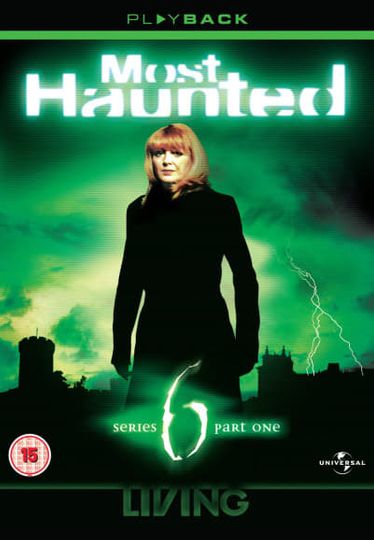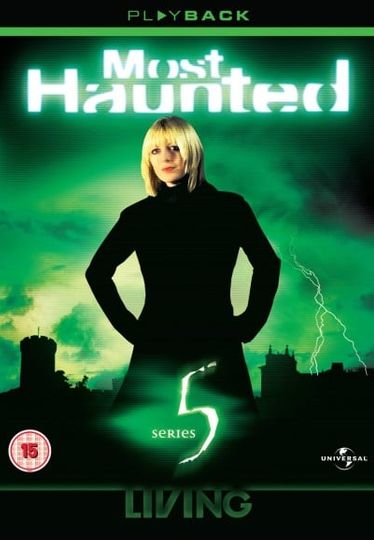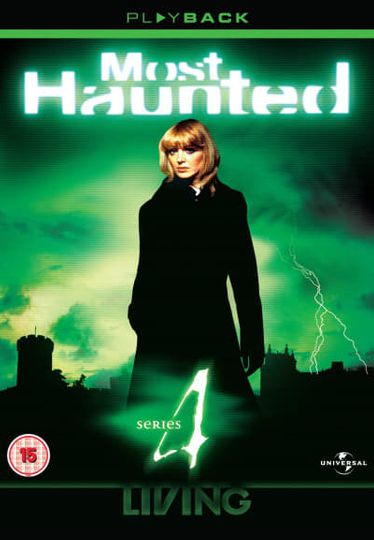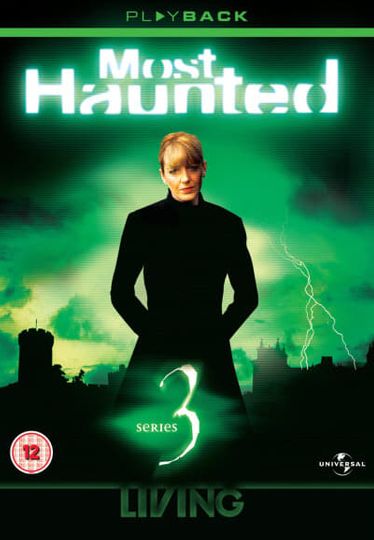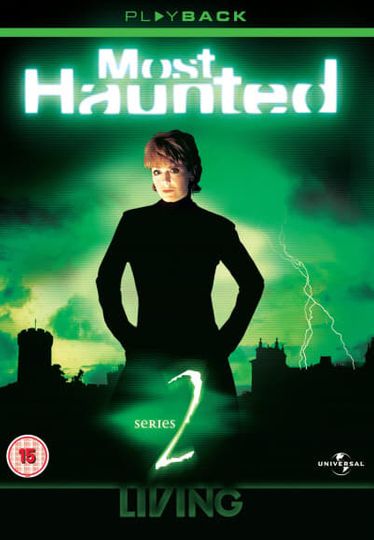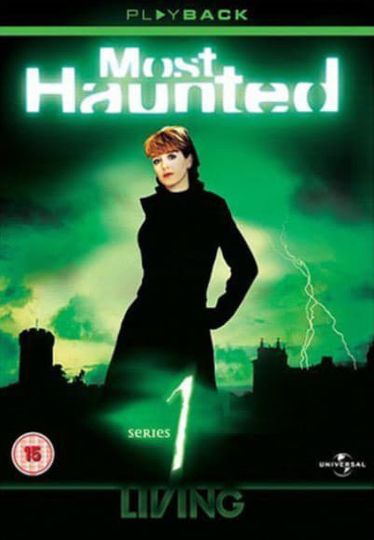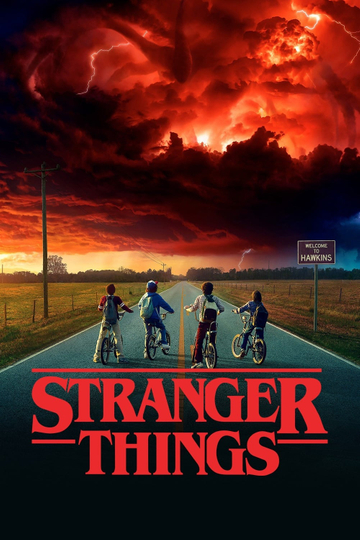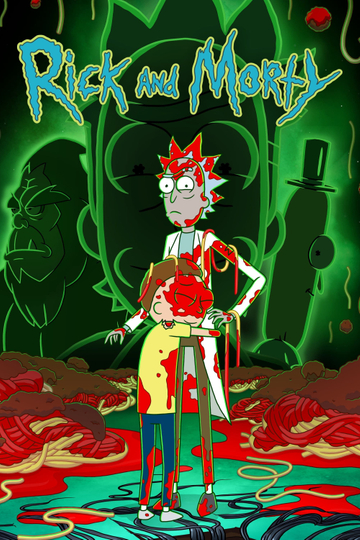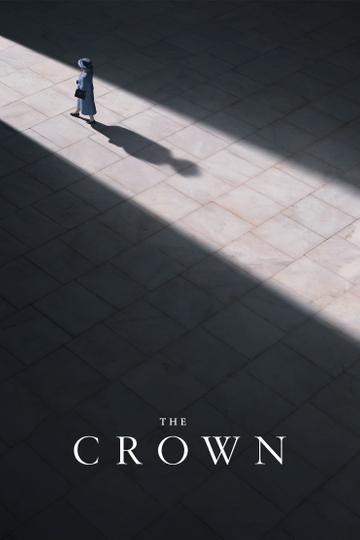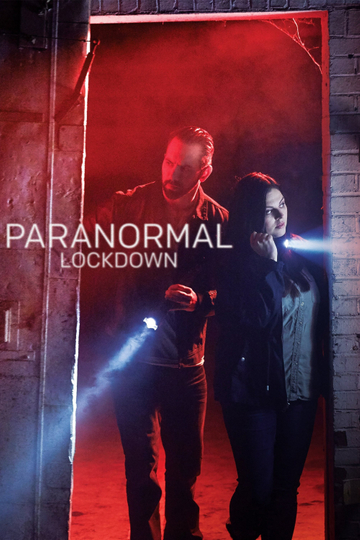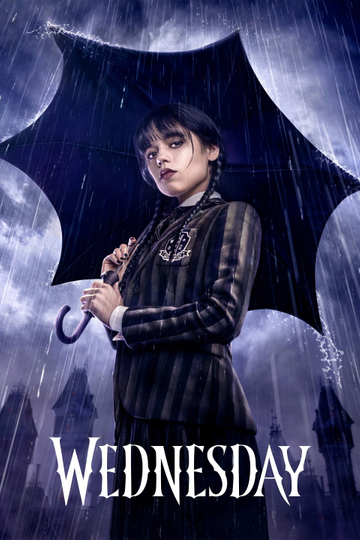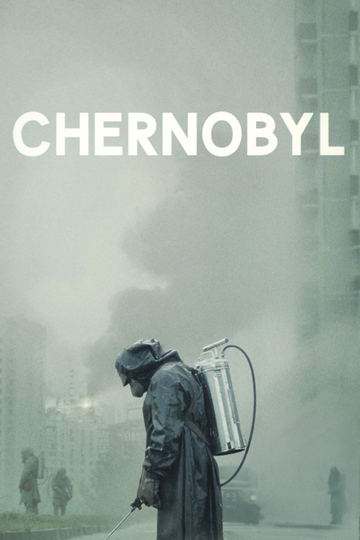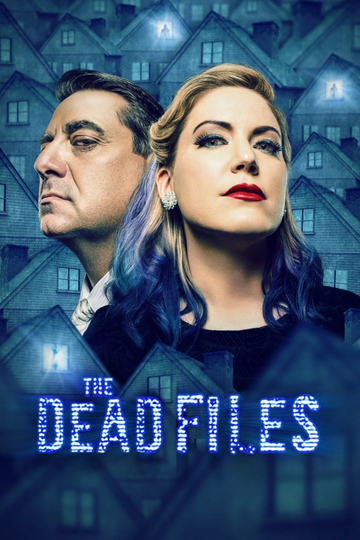Season 4 Episodes
1. Owlpen Manor
Description: - Stone Manor house, church and mill in Gloucestershire Era: - Built in the 16th century as a private residence but the Deeds go back to 1210 and there was some sort of house on this land prior to the 1500s. Bloody history: - Owlpen Manor was the home to refugee children who had been removed from major UK cities during WWII. - Queen Margaret of Anjou, wife of Henry VI stayed at Owlpen in 1471 and spent her last happy night before her defeat, exile and eventual widowhood. - There are some reports of a ‘hooded figure' or ‘Black Monk' who is said to haunt Owlpen. Some say he is Bartholomew de Olpenne whose family owned the manor in the 1100s, and who was walled up and starved to death in the manor. His bones were found but apparently crumbled to dust when the space came to light. Ghost ratings: - A grey lady clad in a fur-trimmed gown, steeple hat and wimple, Queen Margaret is reported to haunt the house where she spent her last night. - When some children vi
2. Craig-y-Nos Castle
Description: An early Victorian country house set in parkland, which was extensively built up in the late 1870s, adding north and south wings, a clock tower, conservatory, winter gardens and a theatre. Era: Constructed in 1840 by Captain Rice Davies Powell, the house was originally called Bryn Melin but purchased by famous opera singer Adelina Patti in 1878 and renamed for the Welsh of ""Rock of the Night."" Bloody history: After the death of Adelina, the castle was sold and became a sanitorium for patients with TB between 1920-1960. Ghost ratings: - Adelina is rumoured to haunt the hotel and the opera house, as is her first husband, the Marquis of Caux. - The ghosts of patients from when the Castle was a hospital have been seen wandering around the building. - A jazz drummer recently played at the Jazz bar within the castle, and was sitting among a small group of people by the fire. The drummer struck up a conversation with a lady who asked him if he sang. He replied ‘No
3. Jamaica Inn
Description: A legendary coaching house located on Bodmin Moor, Cornwall. Era: This building was erected in 1750 to give shelter to travellers as they passed over the wind-swept moors. Bloody history: The inn and its shadowy past were both immortalised in Daphne du Mauriers novel, ""Jamaica Inn"" published in 1936. Its isolated location made it a popular stop for smugglers and today, the Jamaica Inn is also home to a Smugglers' Museum, which comprises many artefacts from these unsavoury characters. Ghost ratings: Reports of a strange man dressed in a tricorne hat and cloak, apparently appears in the DuMaurier restaurant and then seems to walk through solid doors. Many people have spotted the figure of a man sitting motionless on the wall outside of the Inn. The ghost is not recognisable, but there is a story about a stranger who many years ago stood at the bar enjoying his pint. He was apparently summoned outside by someone and that was the last time he was seen alive. His bo
4. Croxteth Hall
Description: The main building is surrounded by a working farm, a Victorian walled garden and country park. Era: Built in 1575. The last works on the hall were completed in 1902. Bloody history: Home of the Earls of Sefton for over 400 years, Croxteth Hall has had a relatively quiet past. The last of the Seftons died in 1972 and left no heirs. Ghost ratings: The ghost of a boy has been seen in the Dining room by the fireplace. A figure dressed in a period costume has been spotted by staff and the public in both Lady Sefton's sitting room and in the corridor. The Shadow of a figure has been spotted in the billiard room It is reported that the 6th Countess of Sefton claimed that she saw the ghost of her dead husband in the principle bedroom The 6th Earl of Sefton's ghost has also been spotted striding through the tearoom. Spooky Experiences: Footsteps have been heard in the attic, and in the Sefton corridor, where taps have been inexplicably turned on in full, cupboar
5. Hellfire Caves
6. The Manor House Hotel
7. Mary Kings Close
Description: - A number of underground closes, with houses that stretch up to seven stories high, on either side of the narrow walkways. Era: - The Closes were built in early 17th century, but there are records of tenements on the land as early as 1526. Bloody history: - Plague hit the Close in 1645. - Fire ravaged the area in 1750. - In WWII, the Close buildings were used as air raid shelters. Ghost ratings: - The ghost of Mary King reportedly haunts the area. - The apparition of little girl, her face covered in pustules from the plague, has been seen in the Close's Shrine Room - The vision of a grim, grey-haired old man has also been seen on numerous occasions. - Dismembered body parts have been reported floating above the ground, including a child's head and a severed arm. Spooky experiences: - 17 and 18 Market Street have experienced the most alleged paranormal activity. - Strange noises have been reported up and down the Close. - Unexplained cold spots h
8. Wellington Hotel
Description: - Genuine C-listed 16th Century coaching inn. Originally called Bos Castle Hotel but it was renamed the Scotts Wellington in 1852, after the late Duke of Wellington. Era: - Parts of the hotel date back 300 years. It was extended in 1860. Bloody history: - A number of prominent people have stayed at the hotel, including Edward VII, novelist Thomas Hardy and Sir Henry Irving, the first actor to be knighted. However, the hotel's history has been a fairly quiet one. Ghost ratings: - A frock-coated figure with a ruffled shirt, ponytail and leather gaiters (much like a coachman or stableman) has been seen moving across the landing - The apparition of a young girl, seen outside rooms 15, 16 and 17 on the landings, has been spotted on several occasions passing through windows and doors. - A little old lady has been reported passing through the closed door of room 9. Spooky experiences: - A ghostwriter, staying at the hotel, reported his small dog pursuing some sor
9. Chatham Dockyards
Description: Naval dockyard Era: Although Queen Elizabeth I visited the area in 1573, the docks weren't moved to the current location until 1622, and the first dry dock was built in the 1660s. Bloody history: Dutch Fleet successfully attacks the Chatham Docks, with many killed and wounded. In 1864, the docks were staffed by French prisoners of war. Ghost ratings: The most well-known of the Chatham Dockyard ghosts – although it is reportedly haunted by several – is the apparition of a young teenage girl whose image has been seen often in a downstairs window. It is believed that she is waiting for her sailor lover to return from the sea. The ghost of Lord Nelson has apparently been spotted here, although no-one seems to know why. There may also be two other apparitions - one of a woman and the other of a not-very-nice man - who haunt the space which used to be a nursery. There is also the ghost of a female supervisor who died in the 1980s who apparently haunts here to prod work
10. Guild Hall
Description: - Timber-framed hall used as meeting hall, courtroom, parlour, library, museum and now a performance venue. It escaped calls for its demolition in the early 1900s. Era: - The Great Hall was built around 1390 as a meeting place for the Guild of Corpus Christi. Bloody history: - Between 1876 and the early 1900s, the hall was used as a local police headquarters, which saw many unsavoury characters go through its doors. - In 1864, the docks were staffed by French prisoners of war. Ghost ratings: - The White Lady is rarely seen but apparently moves furniture around the Library. - Some reckon it's not a White Lady, but the ghost of a monk dressed in grey, which may be explained by the fact that there used to be the Old Grey Friars Monastery, located only 300 yards from Guildhall, and some monks did live at the Guildhall for a time. - A Cavalier type character has also been seen in the Great Hall - Both a phantom dog and a black cat ghost have been been seen in
11. Greengate Brewery
Description: The Brewery, Middleton Era: Cottages turned brewery, it is thought that the original brewery buildings date back to the 17th century, but the Deeds don't shed any further light. They do, however, relate to a ""Greengate House"" being on the site in 1791. The buildings were bought from William Hilton, on the death of his father Thomas Hilton, who was a weaver. A manufacturer named John Lee bought the row of cottages in 1828 to set himself up as a brewer. About 175 years on, JW Lees & Co. is still going strong! Bloody history: - A number of workmen who died during the sinking of the brewery well in the 19th Century. - In the 1930's, brewery supervisor went missing for days, he was eventually found curled up dead at the bottom of the well. This is separate from the death of the workmen who were building it. Ghost ratings: - A lady has been spotted sitting at the JW Lees Boardroom table, facing away from the table. - A woman in a long, brown dress has been glimpse
12. Manor House Restaurant
Description: Manor House and restaurant. Listed in the Domesday Book under the possessions of William Fitz Ansculf (The Baron of Dudley), the Manor House has had many residents. Although the timber beams were dated using modern technology as having been cut down in 1275, in 1173 the lord of the manor was William Fitz Wido de Offini who founded Sandwell priory in 1180. In more recent years the priory has been excavated and a life size stone effigy of him was found there. It is believed that he is, along with others from the manor house, buried at the priory. Era: The Manor was built in 1230, and restored between 1957 and 1965. Bloody history: Not much bloody history for the stately Manor House – but we'll see if the Most Haunted team dig up anything different! In 1713 the house was bought by Sir Samuel Clarke, and finally sold up in 1823 to the Earl of Dartmouth, James Smith. It was then that the building began to fall into a state of disrepair. On his death in 1829 it was passe
